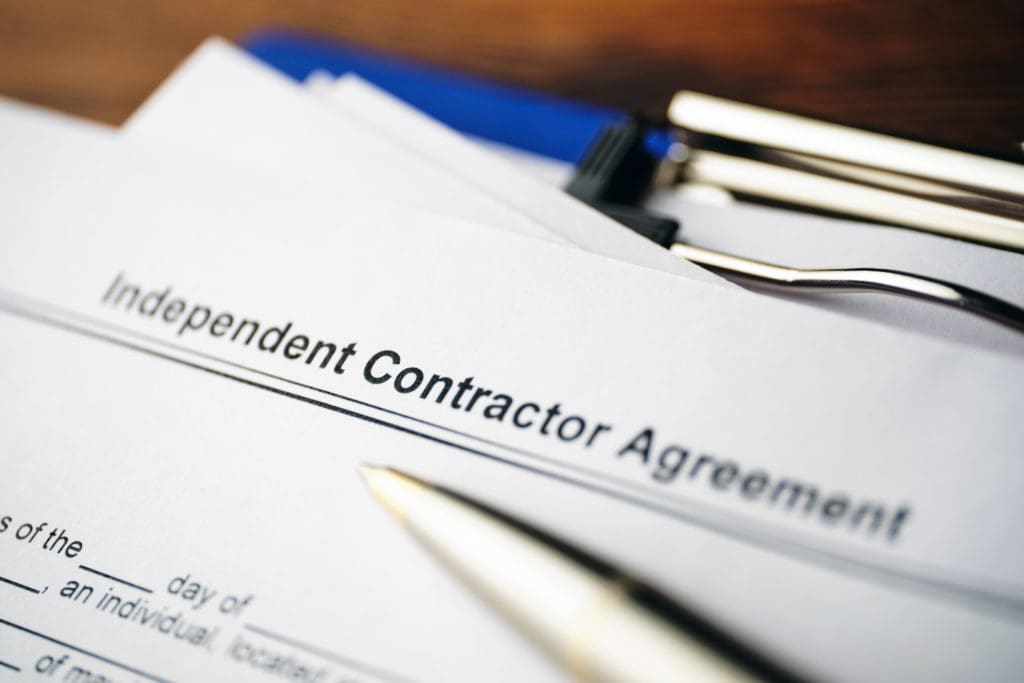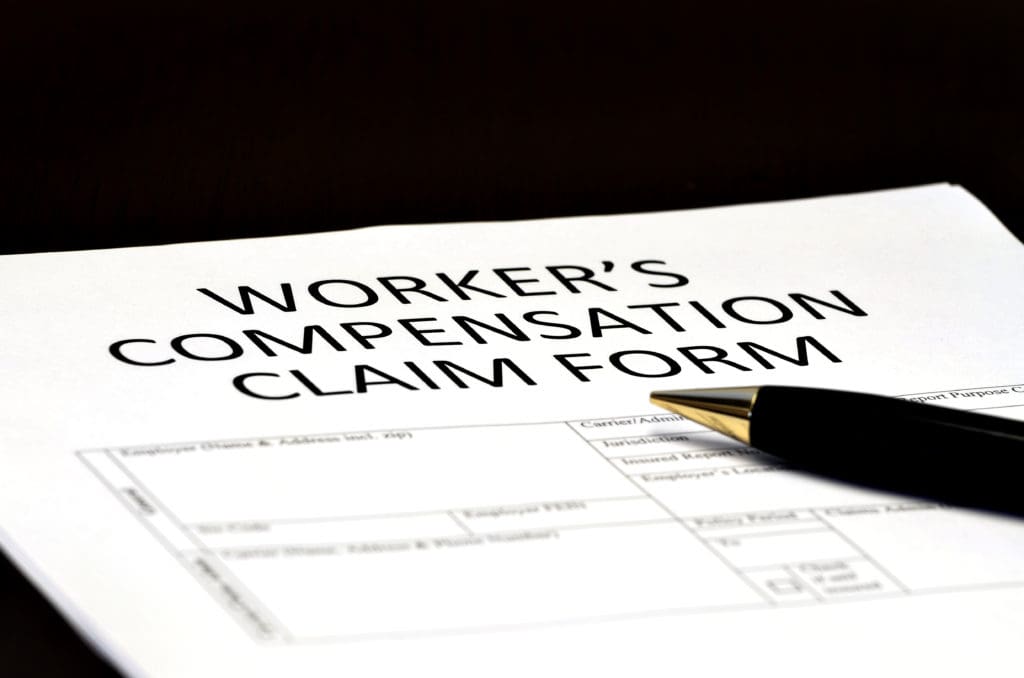Washington DC Worker’s Comp Guide
Worker’s compensation is a right enjoyed by the vast majority of American workers. While it’s technically a form of insurance. Worker’s comp better thought of as an agreement between business owners and their employees. If a worker is injured on the job, they’re furnished with partial wage replacement, medical benefits, and protection from losing their job, provided they waive their right to sue their employer for any negligence leading to their injury. Worker’s compensation laws vary state-to-state, but what if you don’t technically work in a state at all? Residents of the District of Columbia can still file for Worker’s comp. We here at Malloy Law Offices are eager to walk them through the process with this DC worker’s comp guide.
A DC Workers’ Compensation Lawyer may cover a variety of common conditions and practice areas related to workplace incidents. Some common conditions that they may handle include:
- Cases involving coronavirus and workplace rights
- Crane accidents
- Electrocution
- Heavy equipment accidents
- Utility worker accidents
- Scaffolding incidents.
They may also focus on:
- Determining the validity of claims
- Dealing with insurance companies
- Advising on mistakes to avoid
- Negotiating settlements.
Understanding the DC Worker’s Comp Act
The D.C. Workers’ Compensation Act specifies the obligations pertaining to workers’ compensation in the District of Columbia. As per the Act, employees in DC are entitled to various benefits under workers’ compensation, including compensation for lost wages, coverage for medical expenses, and potential benefits for permanent disability. These key forms of workers’ compensation ensure that employees are provided with financial support in the event of a work-related injury or illness. To gain a comprehensive understanding of the workers’ compensation requirements in DC or to pursue a claim, individuals are encouraged to seek guidance from a reputable workers’ compensation attorney.
A Notable Exception
A major exception to worker’s compensation coverage is in the case of so-called “independent contractors.” Given that these workers are not technically considered employees, they are generally kept from claiming benefits, including worker’s comp (though independent contractors can still sue for negligence). This is especially relevant when considering the large federal contracting apparatus that calls the DC area home. If you work as a government contractor, it’s recommended that you speak with your employer about whether you would be eligible for worker’s comp in the event of an injury.
The First Major Hurdle
When it comes to filing a worker’s comp claim in D.C., the first major hurdle you’ll encounter is reporting your injury to your employer promptly. Many injured workers may feel hesitant to report their injury or may not fully disclose its severity, but it’s crucial to do so without delay. Failure to report in a timely manner could complicate your claim or even lead to its dismissal, particularly if the injury’s connection to the workplace is called into question.
There exist distinct standards for workers’ compensation based on the geographical location of the company and the employee. The in-state standard applies to situations where both the company and the employee are located within the same state. This subjects them to the laws and regulations of that specific state. However, the out-of-state standard applies when an employee is working for a company located in a different state. In such cases, the employee may be governed by the laws of the state where the employer is based rather than the laws of the state where the work is being performed. This difference in standards reflects the unique legal considerations that apply to workers’ compensation based on the residency and location of both the employer and the employee.
DC Worker’s Comp: DOES and You
The next step in the D.C. worker’s comp process involves reporting your injury to the DC Department of Employment Services (DOES). Due to the impact of the COVID-19 pandemic, DOES has transitioned the filing process online. This has eliminated the need for physical document delivery. It’s vital to submit DCWC Form 7 to the Office of Worker’s Compensation within 30 days of your injury or its recognition. You can acquire this form from your employer, insurance company, or directly from DOES. Once completed, make copies for your records, provide one to your employer, and send the original to the Office of Worker’s Compensation for processing. A full list of DOES forms, resources, and other worker’s comp notes can be found here.
What If I’m A Public Employee?
If you are a public-sector employee seeking to file worker’s comp, you will instead deal with the Public Sector Worker’s Compensation Program (PSWCP). In any case, the first step is the same, report the incident. This can either be done via an online claims management system or by phone. After reporting an incident you’ll receive an email with further instructions.
Federal workers’ compensation is governed by the federal government. Therefore it operates under its own distinct rules and regulations separate from the D.C. Workers’ Compensation Act. In contrast, private or non-federal employees fall under the jurisdiction of the D.C. Workers’ Compensation Act. This clear differentiation highlights the unique frameworks that apply to federal and private employees, shedding light on the regulatory variances in place for workers’ compensation in the two sectors. In any case, the first step remains consistent for both federal and private employees – report the incident promptly.
What if My Employer is Uninsured?
In jurisdictions like D.C., the presence of workers’ compensation insurance is crucial for employers. Failure to carry such insurance can have serious legal implications. In D.C., if an employer does not have workers’ compensation insurance and an employee sustains a compensable injury, the employee reserves the right to sue the employer for negligence. Furthermore, the employer may not be able to rely on affirmative defenses, such as contributory negligence, to defend against such claims. Therefore, ensuring compliance with workers’ compensation insurance requirements is not only a legal obligation. It’s also a fundamental aspect of protecting both employees and employers in the event of workplace injuries.
How A DC Worker’s Comp Attorney Can Help
The worker’s compensation process is simple enough on paper, but experience has taught us that it can quickly become complicated. The experienced legal team at Malloy Law are DC’s worker’s compensation specialists. The areas served by DC Workers’ Compensation Lawyer also include locations in Maryland. Including Annapolis, Baltimore, Columbia, Frederick, Rockville, and Silver Spring. While in Virginia, areas such as Alexandria, Fairfax, Richmond, and Virginia Beach are covered. By working with a knowledgeable attorney who is well-versed in D.C. workers’ compensation requirements, you can ensure that your case is built on a solid foundation and that you receive the compensation you rightfully deserve. Our team stands ready to consult with you free of charge and determine the best course of action. Don’t let your employer or their insurance company keep you from the compensation you are owed. Contact Malloy Law today to get started on your case.




